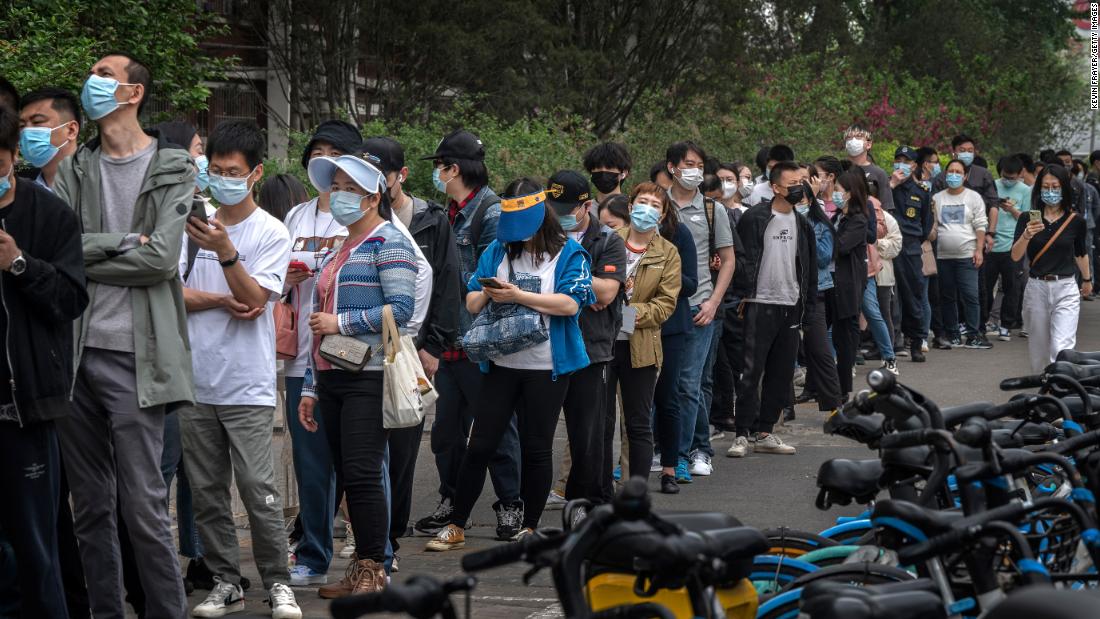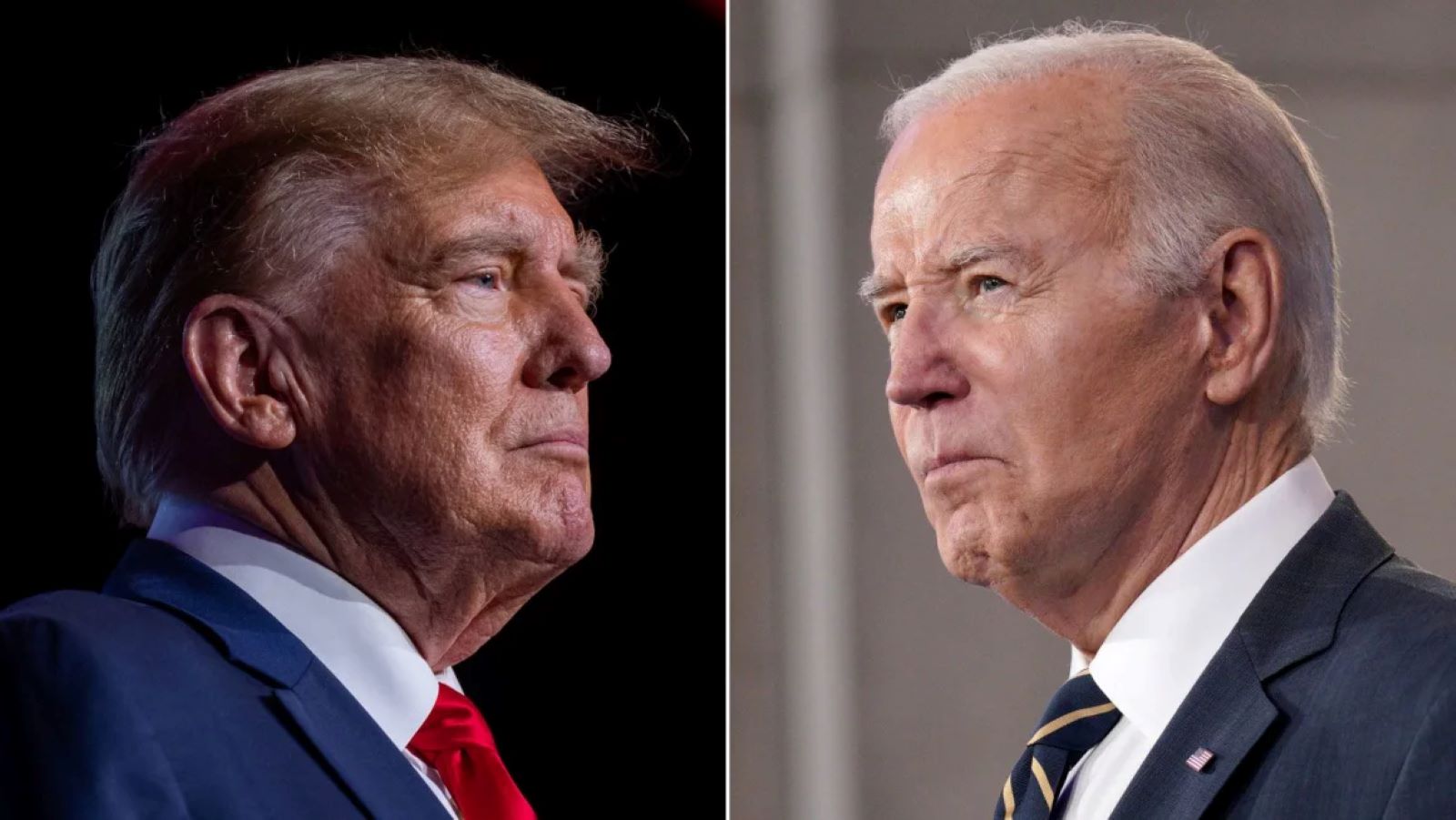Beijing tests 20 million people for COVID-19 amid ‘raging’ outbreak

(CNN) – Beijing is conducting mass testing for COVID-19 on nearly 20 million residents in most parts of the city as authorities try to contain new outbreak of omicron variant, That caused panic buying in the face of fears Similar incarceration in Shanghai.
The Chinese capital began testing all residents of Chaoyang District, a crowded area home to the business hub and foreign embassies, on Monday morning. This is the first of three rounds of testing for COVID-19 cases that will be conducted over five days. Residents and office workers stood in long queues at temporary testing centers throughout the day.
As of 8 p.m., nearly 3.7 million tests have been conducted, more than half a million of which have tested negative, municipal authorities said at a press conference.
More and more tests to contain the outbreak in Beijing
Officials also announced that extensive testing will extend this Tuesday to all districts of the capital, except for five peripheral areas. This measure covers about 19.5 million of the city’s total population of 21.5 million.
Several people line up to be tested for COVID-19 at a temporary center in Beijing’s Chaoyang District on Monday.
The announcement came after 29 cases were discovered in the 24 hours to 4 p.m. Monday. Although the authorities said that all the new cases were detected in areas that were already under epidemiological control.
“The outbreak in Beijing is coming fast and furious,” said Xu Hejian, a spokesman for the municipal government at the press conference. He added that the epidemic prevention and control efforts in the city “has reached a critical moment.”
Since Friday, Beijing has recorded a total of 80 cases. Although the number of infections is still relatively low, the authorities do not want to risk. Especially after seeing how fast the oomicron has broken out in Shanghai, which has seen new cases multiply by the thousands.
Residents cannot leave the city
Dozens of apartment complexes in eight districts are already under strict closures, with residents banned from leaving their homes or community land.
Authorities have urged residents not to leave the city unless absolutely necessary, including during the next five holidays. Celebrating Labor Day, which begins on Saturday this year, is traditionally the season for mass travel in China.
But this year will likely be a quieter one.
Beijing will also suspend cultural performances, sporting events, exhibitions and other activities involving large gatherings of people, as well as all special classes and training sessions.
Concerns about a situation similar to Shanghai
The announcement of the mass test in Chaoyang District late Sunday sparked panic buying overnight. Long queues formed in supermarkets, customers emptied shelves of fresh produce, while online delivery apps sold some food products.
Some supermarkets and department stores have extended their opening hours to handle the influx of customers. By the next morning, many had resupplyed.
The Beijing authorities and state media have repeatedly tried to reassure the population. “Don’t worry! Basic necessities are available and prices are stable,” he announced this Monday cover page From the Beijing Evening News, a state-run tabloid, she made the headline alongside a large photo of supermarket shelves filled with potatoes, onions and other vegetables.
But many residents are still worried. The widespread food shortage left by the confinement in Shanghai, which has stretched for several weeks, caused an uproar online this month.
On Tuesday, Shanghai reported 16,980 infections, including 52 deaths linked to Covid-19, according to the National Health Commission.

“Bacon advocate. Certified creator. Twitteraholic. Tv junkie. Beer fanatic. Internet nerd. Passionate thinker. Reader.”




:quality(85)/cloudfront-us-east-1.images.arcpublishing.com/infobae/OF4NJDPGLBEYJAZ5XZMH3OIPJ4.jpg)



